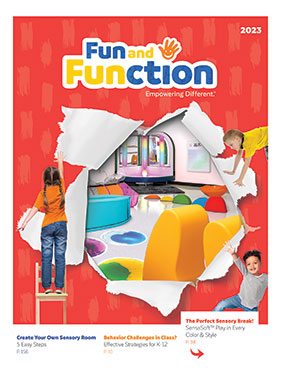In our modern digital age, handwriting seems like a thing of the past. When typing is faster, easier to correct errors and is not prone to legibility issues, it’s easy to wonder why we should bother learning to write by hand. Wouldn’t this make school easier for many kids? On the contrary! Handwriting actually contains several crucial skills for academic success.
Motor Planning Development
Our motor planning skills dictate our ability to think of what action we want to complete, figure out which movements are necessary to do so and then actually carry them out. Because writing by hand involves several of our body’s systems, our motor planning skills are exercised more in the process. These skills carry over into everything we do, allowing us to follow through on an imagined action from start to finish.
Exercise Fine Motor Skills
Grasping a pen or pencil and forming letters on the page takes coordination and precise fine motor skills. Training our fingers to use the tripod grasp– holding it with our thumb and first two fingers– aids in developing greater dexterity and fine motor manipulation skills. These skills impact many other areas, including using buttons or zippers and holding utensils while eating.
Improves Memory Retention
When so many of our body’s systems are working together we are more likely to retain the information. Our long-term memory can store tons of information for very long periods of time, but our short-term, or working, memory has a limited capacity. Spending time on handwriting improves the likelihood that we’ll remember what we wrote.
Better Reading Comprehension
Engaging our muscles in writing letters by hand actually helps us develop our ability to understand what we read. The brain spends more time and engages in additional processes to comprehend the letters and words as we write them, as opposed to when we type. This extra processing can make all the difference when committing information to memory.
Just Keep Writing!
Despite the ease and prevalence of typing, the benefits of handwriting are too plentiful to give it up! Being able to write by hand remains an important skill for physical and cognitive development. When a child struggles with handwriting, an occupational therapist can help identify which underlying skill may be in need of improvement. For example, a child forming illegible letters may need to target his motor planning skills, by developing his body awareness and spatial awareness through gross motor activities.
Take the time to work on your child’s handwriting skills. They can help lead the way for their successful future!
This post was originally posted on 12/26/2021 by Malkie Ward, OTR/L. It was updated for accuracy and comprehensiveness on 2/27/2023.





















Comments